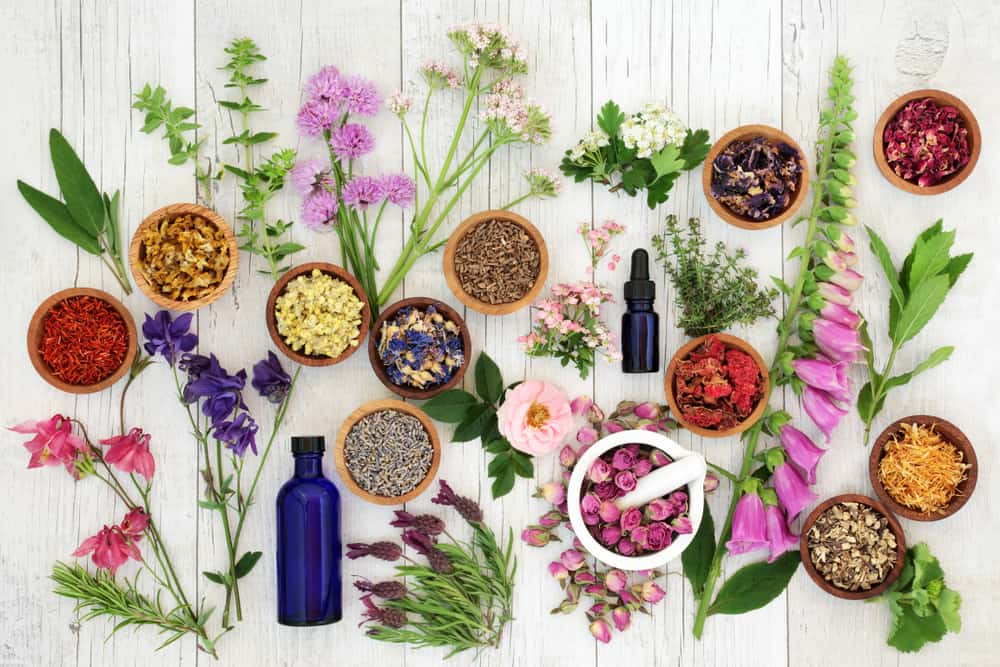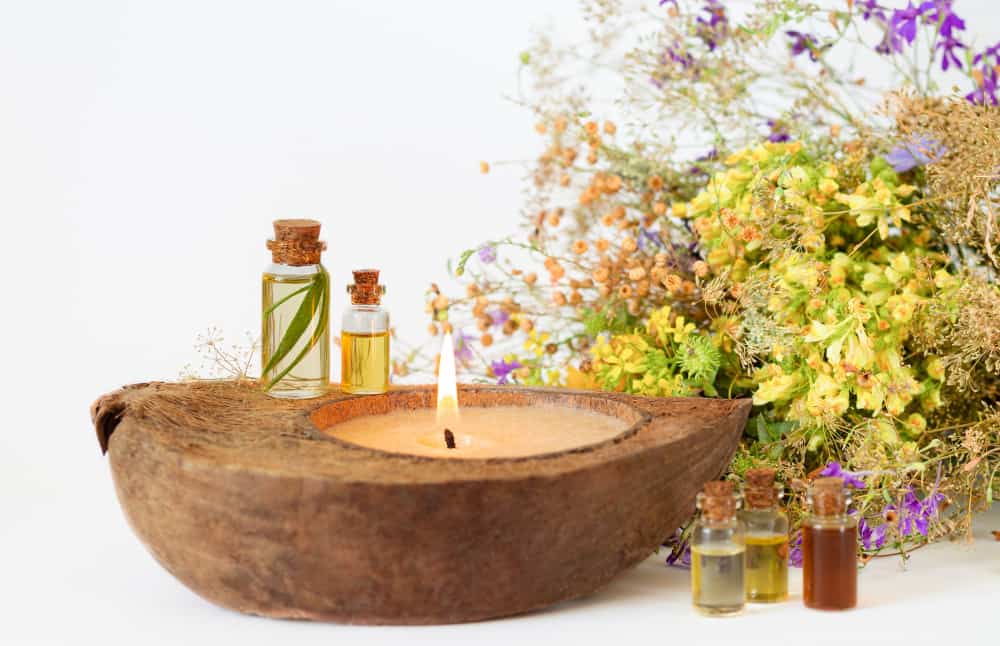People sometimes call aromatherapy essential oil therapy. The process involves using a plant’s aroma-producing oils to heal or treat diseases. It is an alternative medicine to improve the health of the body, mind, and spirit. The essential oils are extracted from various parts of the plant and then mixed with another substance before used. Essential oils and aromatherapy have been around since ancient times. People used them for religious and medicinal purposes. Dating back to World War I, nurses treated soldiers who returned home with aromatherapy for multiple reasons. Not only were they addressing their physical wounds, but they also worked to reduce their anxiety from their time in the field.
Fast forward to today, and you can find essential oils practically everywhere. People often use scents as therapy, and we have all been in a situation where a smell triggers a memory and emotional response. Essential oils are in candles, perfumes, and baths. There are multiple ways that essential oils can be used, including inhalation and topical application.
People use essential oils in aromatherapy to improve moods and reduce anxiety. Aromatherapy can treat a variety of physical and mental concerns. How? It promotes a restful night of sleep, aids in proper digestion, or alleviates pain. It is important to note that some essential oils are potent, so you must dilute them with water before use. There are many essential oils, and the beauty is that they each offer unique benefits to target specific needs. You can use essential oils individually or in combination with others to get an even more profound impact. You should always consult with a doctor, especially during treatment. Keep reading to learn more about the process of aromatherapy and its many health benefits.

22. What is aromatherapy?
Aromatherapy is also commonly referred to as essential oils therapy. It is the use of a plant’s aroma-producing oils to treat disease and healing. A French perfumer and chemist was the first person to use the term. He saw the healing potential of lavender for treating burns. The plant’s aroma-producing oils are more commonly known as essential oils. Scents can have an intense impact on our moods. They can trigger a range of feelings and memories. Some fragrances are energizing; others are calming. Aromatherapy incorporates the aromatic essential oils medicinally to improve the body, mind, and spirit.

Furthermore, it can enhance both physical and emotional health. Doctors think of it as both an art and a science. It combines the scientific aspects of the plants and oils and combines it with the art of producing a beneficial blend. Although the word aroma makes it sound as if you inhale the oils, a professional can massage the oil on your skin. In fact, people rarely ingest oils. Whether you smell them or rub them, essential oils are gaining new, increased attention as an alternative treatment for infections, stress, and other health conditions. People use aromatherapy, and essential oils are to handle a variety of illnesses, including headaches. Aromatherapy is a form of holistic therapy that works through the sense of smell and the skin.
